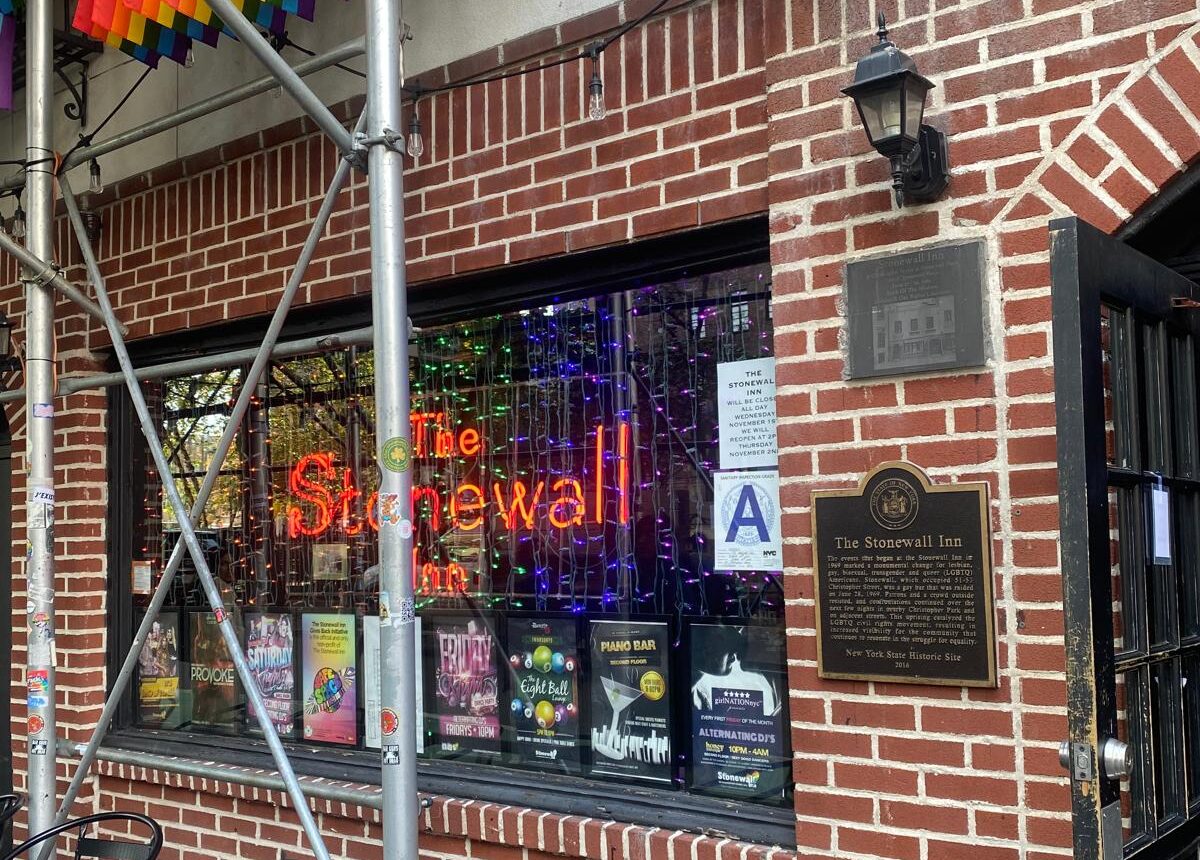While we are nearing the end of Pride month, we are right amid the anniversary of the Stonewall uprising and several Christopher Street Days across Germany. Thus, it is time to reflect on the people who made celebrations of Queer Pride possible all around the world. A summary of the events and Queens of Color that paved the way for contemporary LGBTQIA+ communities.
On June 28, 1969, the Stonewall Inn on Christopher Street in New York City was raided. The Stonewall Inn was a dirty run-down bar led by the Mafia which welcomed queer customers. In a series of raids during this time, the police looked into several localities, where people from the margins of society came together. The social setting included gay people and transsexual customers.
There are a lot of assumptions and narratives going around about what exactly happened on the morning of June 28 in Greenwich Village. Some claim the death of Judy Garland was the reason for the uprising. Others argue that the demonstrators came towards the police in a kickline. Yet other people are sure that a Queer of Color threw the first brick at the police. Actual attendees of the Stonewall riots cleared up a few of the rumors in a New York Times video article titled The Stonewall You Know Is a Myth. And That’s O.K. Needless to say, many of the aforementioned anecdotes are half-truths or completely created out of thin air. What is factual and – surely – most important is the meaning and legacy of the Stonewall Rebellion. It is a depiction of queer resistance against oppressors, in this case, the police, who purposefully targeted minority groups in their raids. Like many before, e.g. the Cooper Do-Nuts Riot in 1959 or the Compton’s Cafeteria Riot in 1966, they had had enough of the harassment and discrimination against them and spoke up. In doing so, Stonewall and Christopher Street became the most widespread starting point of queer liberation. Social organizations – such as the Gay Liberation Front (GLF) – started forming and the anniversary of the Stonewall Uprising became a celebration of non-heteronormative sexualities and identities.
One of the crucial actors in the events of 1969 was Marsha P. Johnson. She was an African-American, gender-non-conforming Drag queen who frequented the Stonewall Inn. Her activism for the LGBTQIA+ community as a person who faced intersectional discrimination – because of her skin color as well as her gender identity – has paved the way for queers, in not just the US, but all over the world. In the Netflix production of her work “The Life and Death of Marsha P. Johnson,” she is even referred to as “the Rosa Parks” of the LGBT movement. Even though she was one of the prominent figures of the Stonewall demonstrators along with her friend, the Latin-American drag queen, Sylvia Rivera, both Queens of Color were repeatedly marginalized even within the Gay Liberation movement. This is why the two initiated their own organization S.T.A.R for Street Transvestite Action Revolutionaries in 1970.
Queer people of all backgrounds can celebrate Pride in 2024 because of pioneers such as Johnson and Riviera. While CSD – the usual title in Germany – and Pride Parades – a title used in the USA and UK – have found increasing support in non-queer societies, discrimination and prejudices still live on. In recent years it has also become obvious that pride is often utilized by big companies to commercially profit from associating with queerness. Thus, plenty of products are branded with the pride flag once a year to show “support”. This commercialization of queer realities probably does help the visibility of the LGBTQIA+ community – The question is more so: at what cost?
Consequently, it is important to remember that Pride is not a marketing strategy, but a movement of resistance against discrimination and shame from the heteronormative majority society. It is crucial to celebrate queer communities and fight against discrimination towards them, even if you do not identify with one of the letters of LGBTQIA+ yourself.
If you want to read more on the topic, check the links in the text or the following article:
Die Geschichte des Christopher Street Days im Regenbogenportal.

